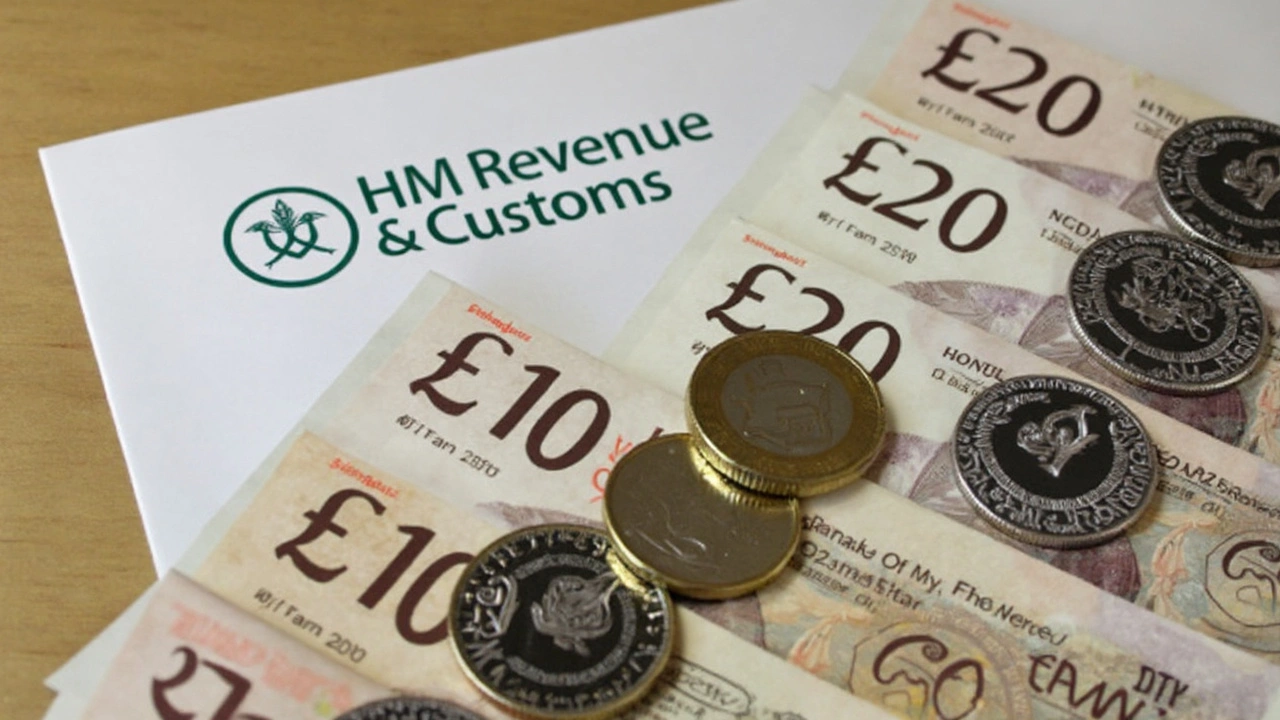Tax Refund Delays Leave HMRC in the Hot Seat
If you're waiting for a tax refund, you're not alone—some UK businesses and individuals have been left hanging for more than four months, well past the HMRC's usual promise. Frustration is bubbling over as the Public Accounts Committee (PAC), the parliamentary group that keeps a close eye on public spending, has openly criticised HMRC for dragging its feet.
Normally, you could expect a tax refund from HMRC in just five days or, at most, eight weeks. But recent numbers have blown that promise out of the water. Businesses trying to stay afloat and ordinary people counting on overdue cash say the delays aren't just inconvenient—they're causing real problems for cashflow and trust.
Sir Geoffrey Clifton-Brown MP, who heads the PAC, hasn't held back. He says HMRC's old systems just can't keep up with the way the world works now, and the longer the delays last, the more people grow wary. According to him, costs are climbing and taxpayer frustration is starting to boil over. In their latest report, the PAC says these delays aren't a blip—they're a sign that the tax system desperately needs an upgrade.
Pushing for Change: Modernisation and AI
The PAC isn't just criticising—they're offering solutions. Top of the list is modernising HMRC's clunky systems so they finally match up to 21st-century demands. With rising complexity in tax rules and more people needing help, the old ways just aren't cutting it anymore. The report singles out system modernization as the only way forward and suggests that Artificial Intelligence could play a big part.
There's a catch, though: the PAC is warning against a tech-for-tech's-sake approach. Rolling out AI or digital upgrades sounds shiny, but the committee says there's no point spending millions unless HMRC actually simplifies the tax rules too. They want practical plans that make it easier for people to get their money back on time—without them needing a degree in accountancy or IT.
The incoming chief executive of HMRC is already facing a packed in-tray: restoring public confidence, cutting down costs, and figuring out how to actually make these reforms work. The pressure’s on for action, not just promises. Public trust is on the line—and with each delayed refund, HMRC’s job gets a little harder.





